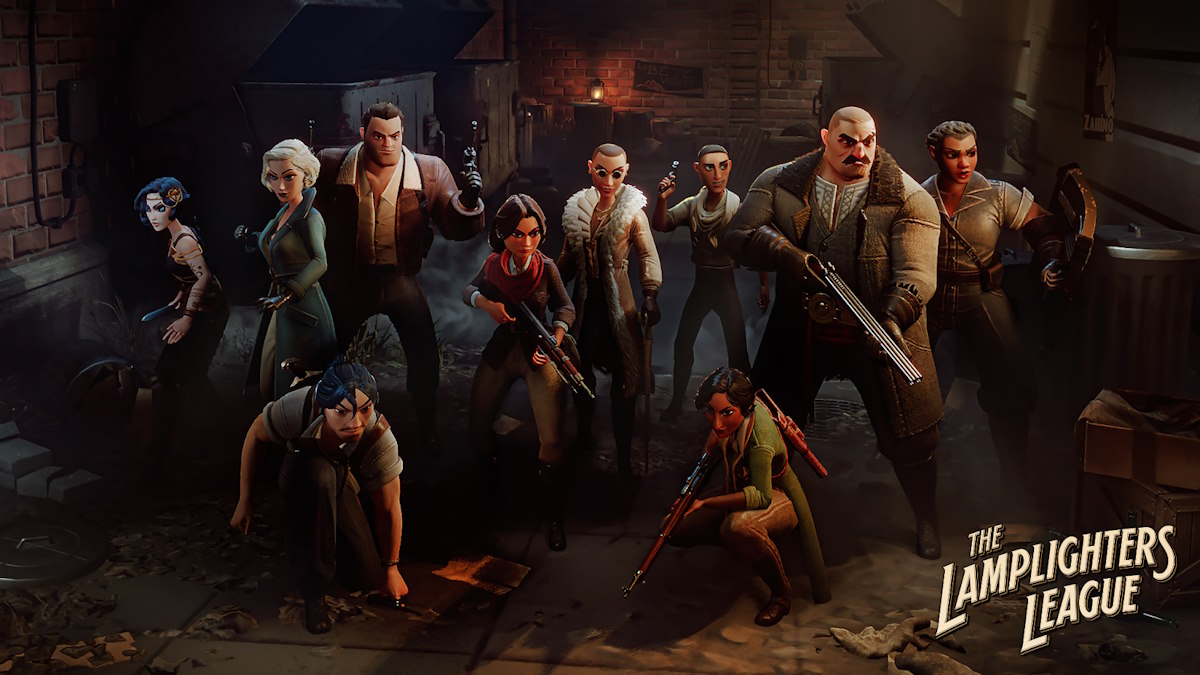_ONE
The American Key Demo Needs to Get Older | Nicholas Yanes
“The main thing, though, was cash. Boomers are more advanced in their careers and in many cases have already spent decades amassing home equity, making them much more likely than other generations to fork over all cash for their next property. And when bidding wars become the norm, it pays to offer a lump sum.”
I remember growing up in the midst of the first wave of Boomer Nostalgia and hating it, so I was disappointed to see a compelling argument for re-centering them as the Key Demo — as if they’ve ever stopped being the Key Demo! Yanes cherry-picks a variety of interesting data points to craft his argument, often overstating how much attention has really been paid to Gen Z and Young Men, particularly two of his main examples: esports and crypto. While both were definitely over-hyped and saw lots of money laundered funneled through them, neither shifted any real influence or attention away from Boomers.
The main reason to read this article, though, is for its stark reminder that Boomers ruined the world and profited from it, and because we’re all living longer, they’re going to remain the most important generation because they’re still in charge. Like Gen X and Millennials before them, Gen Z will get to influence cultural trends that are repackaged and sold back to them, but the real “American Key Demo” will continue to be [mostly White] Boomers.
__TWO
Automakers’ Electric Vehicle Lie | Lucy Dean Stockton
“GM and other auto manufacturers are making the same mistake again. During the pandemic, profits at the Big Three spiked by 65 percent, as they used the supply-chain shortage to raise prices. Instead of reinvesting these profits in EV technology or workers — with the exception of mild boosts in profit-sharing — the companies authorized $5 billion in buybacks in 2022, a 1,500 percent increase from the year prior.”
The more I learn about the shift to electric vehicles, the more I believe it’s the equivalent of banning menthol cigarettes or flavored vapes. Once car manufacturers learned they were also too big to fail, it gave them free reign to continue embracing the worst aspects of capitalism.
Related, the more we know about how capitalism really works, the more you’d think we’d be heading towards another revolution, but after the events of the past ~15 years, I just don’t see it happening. Except, maybe there’s a glimmer of hope in the recent string of victories unions have had fighting on multiple fronts?
___THREE
UAW Makes the Brave New Economy a Lot More Worker-Friendly | Harold Meyerson
“Until Friday, the U.S. auto companies were almost uniformly resisting the idea that their employees in the EV industry would receive wages and benefits comparable to those that UAW members had long received. Now, GM (and almost surely Ford and Stellantis, following in its wake) will effectively ratify the UAW’s argument that work in the new EV economy can provide the living standards that once enabled UAW members to thrive.”
Reading these two articles back-to-back is enough to make me think all isn’t lost and maybe we have a fighting chance, but also how some victories can turn out to be delayed losses in hindsight. Collective bargaining is ultimately about making compromises and I’m too cynical to believe these big companies ever truly lose any of these skirmishes with unions, only ceding ground they’d predetermined would be acceptable to appear to lose.
We will continue to live in “interesting times” for the foreseeable future, so I’m going to enjoy these small victories when they happen while keeping an eye out for the other shoe to drop.
____FOUR
A single flop couldn’t kill the Dark Universe | Jesse Hassenger
“Most of the classic Universal Monsters, along with several new contenders, have been represented on the big screen in the past 25 years, albeit not with the same interconnected, ultra-lucrative glory the studio had its eye on in the wake of Marvel’s success. With two of this year’s entries, Renfield and The Last Voyage of the Demeter, joining their brethren in at-home streaming for spooky season, let’s take another look at that not-so-new world of gods and monsters. There may be more — and better — movies to the Dark Universe than you originally thought.”
I remember when the clip of Tom Cruise’s Mummy reboot broke the internet back in 2016, and still openly mock the idea of anyone attempting to copy Marvel’s unprecedented shared cinematic universe. When DC started heading down that path, I argued that they’d be much better off telling independent stories that let each of their overpowered characters shine rather than shoehorning them together, a match that only works in the comics, and only sometimes there.
I’m sure the Monster Cinematic Universe made sense on paper — or more likely, in Excel, with aspirational box office numbers plugged in — but it was doomed even before that infamous clip effectively sealed its fate.
I was surprised by Hassenger’s survey of the various movies the core Universal monsters have been in over the past 25 years, though, particularly how many of them I enjoyed — The Mummy (1999); The Mummy Returns (2001); Van Helsing (2004); Invisible Man (2020) — or still want to see — Renfield (2023); The Last Voyage of the Demeter (2023). Even better, he makes a great argument for adding other “monsters” to the Dark Universe, including Chucky, M3GAN, Michael Myers, and my favorite, Riddick.
I’d pay good money to see Vin Diesel (Riddick) fight the Mummy and Dracula with a teacup, perhaps teaming up with Elisabeth Moss as the Invisible Woman!
_____FIVE
Behind the tunes The Lamplighters League is dancing to | Marco Wut
“The goal of music is similar to any contributing art form in game development. We aim to inspire each other and use that inspiration to create more compelling and cohesive work. If I’m involved early, as I was with The Lamplighters League, I can write music inspired by the game’s amazing concept art and world-building, and then the music I write can inspire the artists and writers. When done right, it creates a virtuous cycle that is fantastic to be a part of.”
I had The Lamplighters League on my radar since it was first announced as the Shadowrun Trilogy‘s developers next game, and so far, it’s everything I hoped it would be. Beyond being one of my favorite genres (tactical RPG), I’m loving its setting, visual design, and excellent voice acting that nail its period aesthetic. A surprising bonus is how good the soundtrack is, something I don’t usually notice in games beyond Forza and FIFA.
This interview with composer Jon Everist offers some great insights about his process and how it aligns with the development of the game itself, and it gave me a whole other level of appreciation for the game. It’s available on Bandcamp and might just become my first-ever purchase there.
[bandcamp width=100% height=42 album=2882789750 size=small bgcol=ffffff linkcol=0687f5]
If you’re reading this somewhere other than your inbox and would like to get it via email, sign up here. I also post it on LinkedIn, or you can add the RSS feed your favorite reader. You do you!
Do you like email?
Sign up here to get my bi-weekly "newsletter" and/or receive every new blog post delivered right to your inbox. (Burner emails are fine. I get it!)


